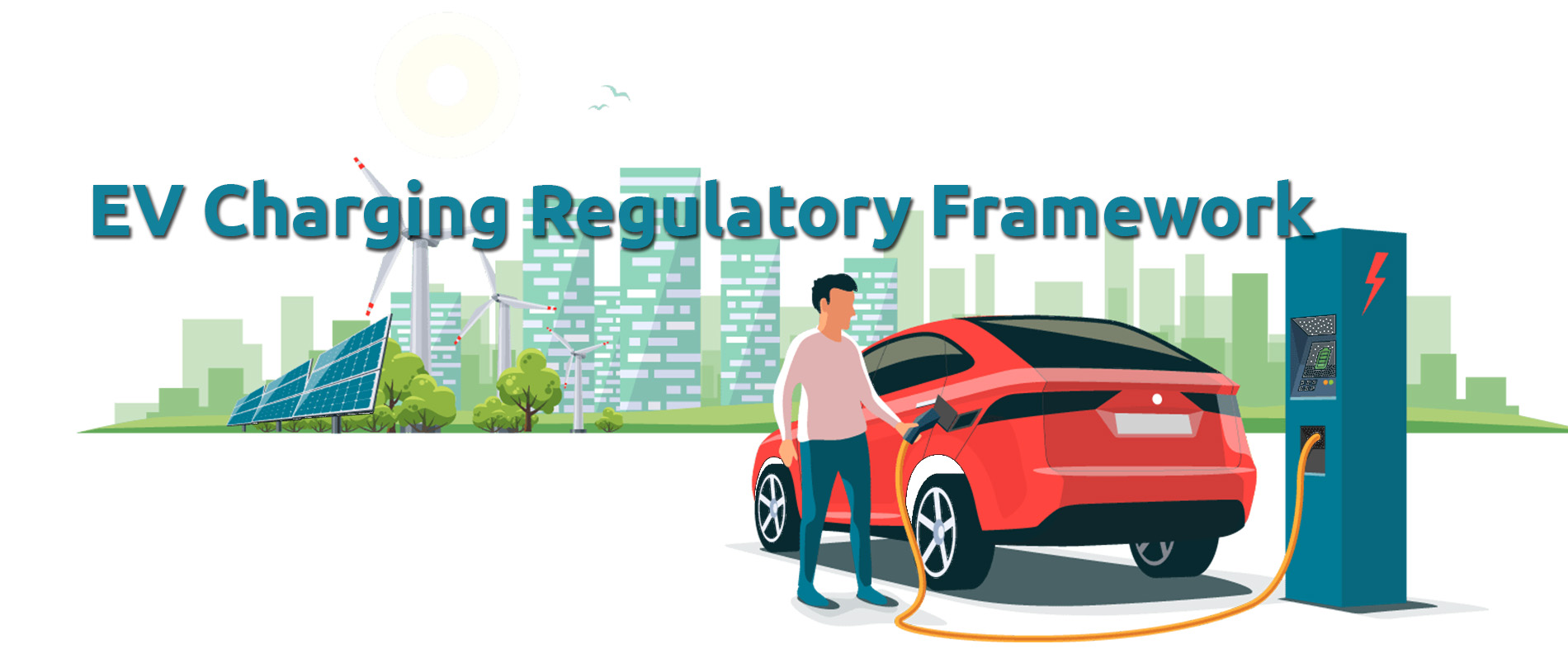

Electric Vehicles (EVs) are transforming transportation by offering a cleaner, more sustainable alternative to traditional fuel-powered vehicles. As Sri Lanka advances toward greener energy solutions, EVs play a vital role in reducing emissions, improving air quality, and decreasing reliance on fossil fuels. Powered by rechargeable batteries, EVs offer a smooth, quiet driving experience, with lower maintenance and fuel costs. With rising support from the government and the growth of renewable energy, EVs are becoming more accessible to Sri Lankans. By transitioning to EVs, EV consumers play a major role in promoting a cleaner environment and achieving long-term cost savings.
The widespread adoption of EVs relies significantly on the presence of a robust, reliable charging infrastructure. To support this, the Public Utilities Commission of Sri Lanka (PUCSL) plays a role in regulating EV charging centers, ensuring their compliance with the highest standards of safety, quality, and accessibility.
Under the provisions of the Sri Lanka Electricity Act 2009 (as amended), PUCSL’s mandate is to regulate the distribution and supply of electricity. Therefore, EV charging stations come under the purview of the PUCSL, and PUCSL is involved in safety, technical, and economic matters related to the distribution and supply of electricity to EVs via EV charging stations.
Further to that, the Public Utilities Commission of Sri Lanka (PUCSL) was empowered by Cabinet Decision No./17/0613/706/041 on 5th April 2017, to carry out the following activities.
As the regulator, PUCSL oversees the licensing and operation of EV charging centers across Sri Lanka, promoting fair pricing, consumer protection, and the development of a reliable network of charging stations.
The following IEC standards have been adopted as national standards by the Sri Lanka Standards Institute in the year 2024. Click here to view List of adopted standards.
In accordance with the Sri Lanka Electricity Act, No. 20 of 2009 (as amended), a licence or an exemption is required to distribute and supply electricity. Under the regulatory framework approved by the Commission, Electric Vehicle (EV) Charge Point Operators must obtain an exemption from the Commission to supply electricity to electrically propelled vehicles. This exemption is subject to a set of terms and conditions with which the Charge Point Operators are required to comply.
The Charge Point Operator (CPO) can apply for the exemption certification through the https://lms.pucsl.gov.lk/login.
The instructions for the application submission can be found via https://www.pucsl.gov.lk/wp-content/uploads/2025/05/General-instructions-to-submit-an-online-application.pdf
The required document for the application submission can be found via https://www.pucsl.gov.lk/wp-content/uploads/2025/05/Documents-required-to-submit-an-online-application.pdf
Once the necessary documents have been verified, the Commission will grant the exemption certificate to the CPO. The CPO shall abide by the terms and conditions of the exemption certificate.
The CPOs shall follow the following two codes when their day-to-day operations.
https://www.pucsl.gov.lk/wp-content/uploads/2025/04/Code-of-Practise-for-CPO_April-2025-1.pdf